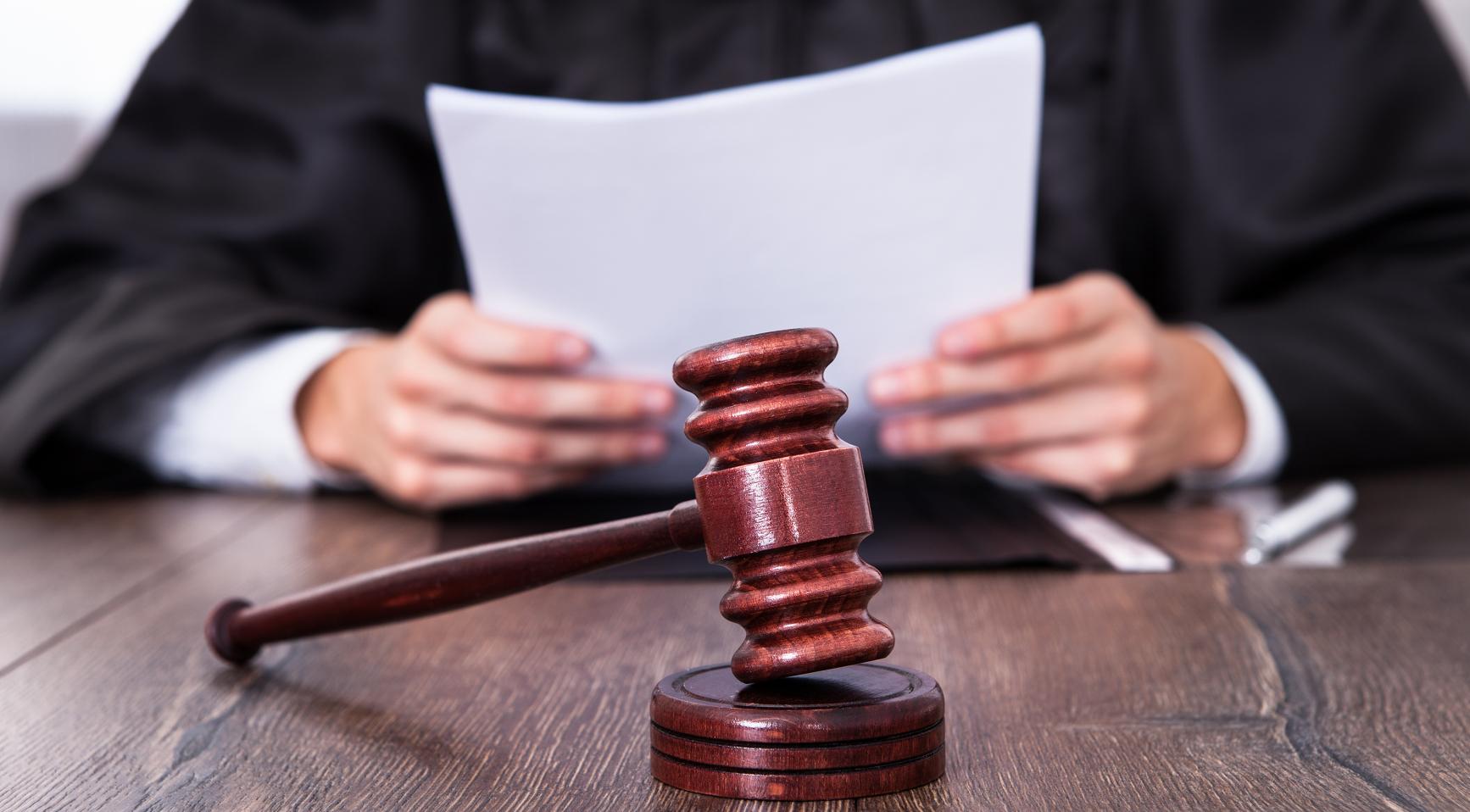A senior judge in the case against Dutch drug lord Ridouan Taghi has requested to step down from his role. The judge, the oldest councilor and deputy to the presiding judge at the Amsterdam Court of Appeal, reportedly filed a recusal request that is now under review by a designated panel. A decision is expected before July 1. It is reportedly not yet clear how this will impact the progress of the trial.
The judge’s recusal request follows alleged concerns raised by several defense attorneys. They questioned his involvement because he previously presided over a related weapons case against Marengo crown witness Nabil B.
In September 2018, the judge sentenced B. to seven months in prison in that case. Although the judge stated he saw “no legal objections” to participating in both trials, “special circumstances” have emerged, according to the presiding judge, who spoke Tuesday in the secure courtroom at Schiphol.
“To prevent recurring disputes about the weapons case if he stays on this trial, the recusal request was submitted,” the presiding judge explained. He also revealed that he and the third judge only recently learned of their colleague’s earlier role in the weapons case.
The case is part of the so-called “Marengo” trials, a name given arbitrarily to a series of cases involving a large organized criminal conspiracy connected to multiple assassinations and murder plots. The trials center on Taghi and his alleged role in coordinating these crimes.
The Marengo trials involve six murders and several attempted murders, all linked to Ridouan Taghi. The case gained momentum after Nabil B. volunteered as a crown witness in early 2017.
At the start of the Marengo appeal last year, defense lawyers already raised concerns about impartiality, questioning the position of the court’s presiding judge. He had previously been the head of the “Passage” trial, another major criminal case involving a key crown witness. Lawyers wondered whether the court could be influenced by its past involvement in Passage. The presiding judge denied any bias, emphasizing that “there is no question of prejudice.”
